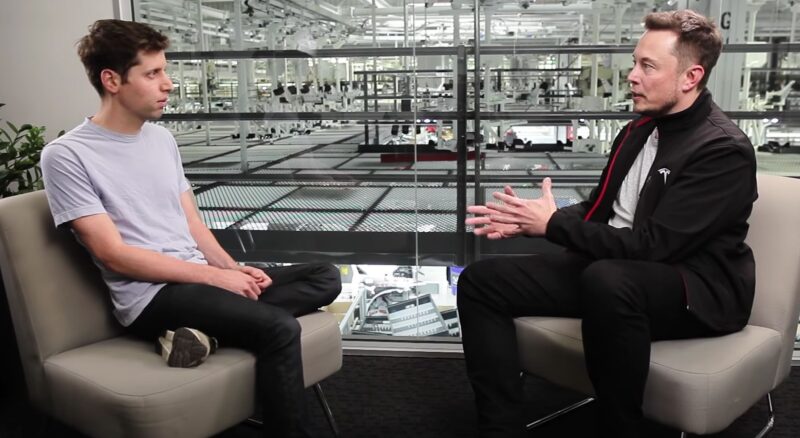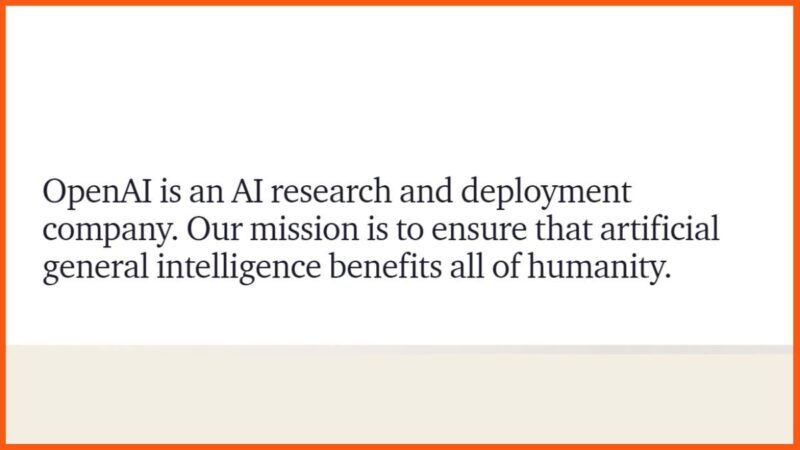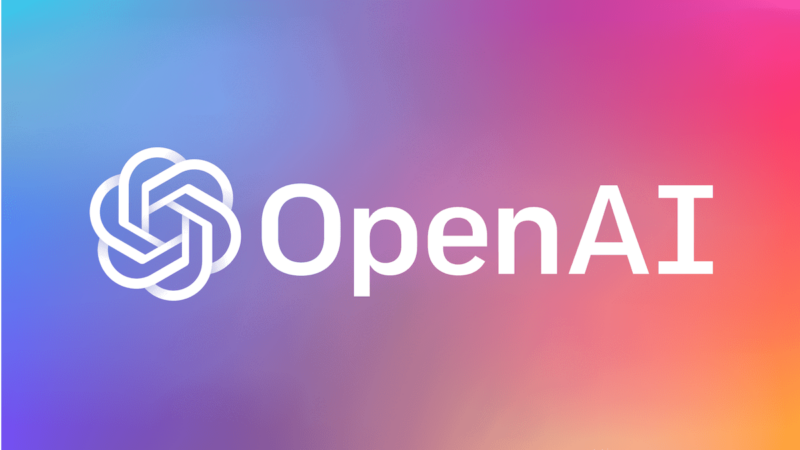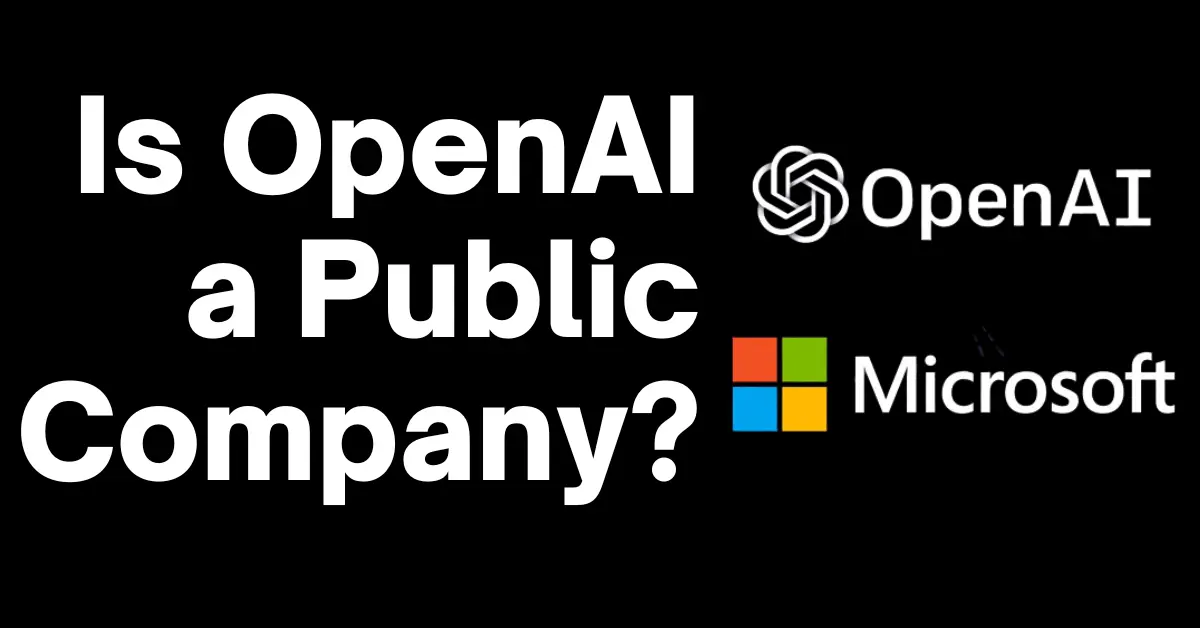One of the most fascinating companies in the artificial intelligence (AI) industry, OpenAI, has been a buzzword in the tech world for quite some time now. Best known for the development of the ChatGPT language model, OpenAI’s groundbreaking innovations have captured the imaginations of investors and tech enthusiasts alike.But the million-dollar question on everyone’s mind is: Can you buy stock in this AI powerhouse?In this blog post, we’ll dive deep into OpenAI’s stock market status and what the future might hold for this enigmatic company.
OpenAI – A Brief Background

OpenAI was founded in 2015 by a group of visionaries, including Elon Musk, Sam Altman, and several other key figures in the tech industry. Their mission: to ensure that artificial general intelligence (AGI) benefits all of humanity. By fostering cutting-edge research and technology, OpenAI has since established itself as a leading force in the AI landscape.
The company’s ChatGPT, a descendant of GPT-3, has garnered widespread attention due to its impressive natural language processing capabilities. ChatGPT can understand context, engage in human-like conversation, and generate incredibly coherent content. As a result, businesses and individuals have found myriad applications for this AI, from customer service to content creation.
Is OpenAI Publicly Traded?
As of now, OpenAI is not a publicly-traded company. It remains privately held, with investments from a select group of stakeholders. In February 2021, OpenAI raised $1 billion in a funding round led by Google’s parent company, Alphabet Inc. This significant investment showcases the potential that industry giants see in OpenAI’s technology and mission.
The company’s decision to remain private might come as a surprise to some, given the considerable interest in AI technologies and the successes of publicly-traded AI companies like NVIDIA and Alphabet. However, OpenAI’s unique mission and organizational structure provide some insight into why it has chosen this path, at least for the time being.
OpenAI’s Unique Mission and Structure

OpenAI’s mission to ensure that AGI benefits all of humanity is a core driving force behind its operations. The company is committed to using any influence it obtains over AGI’s deployment to ensure it serves the greater good, rather than causing harm or concentrating power.
To maintain this focus, the company operates with a capped return structure. This means that investors who have backed the company agree to limit their financial return to a certain multiple of their investment. This cap is designed to ensure that the company’s primary obligation is to humanity, not its investors.
Remaining privately held may also enable them to maintain its focus on long-term objectives without the pressure to deliver short-term financial gains. Publicly-traded companies often face demands from shareholders to generate immediate returns, which could potentially hinder OpenAI’s ambitious research and development goals.
OpenAI’s Financial Performance
OpenAI’s financial performance is an important factor that can influence its decision to go public. As a private company, it is not required to disclose its financial statements to the public, which can make it difficult to determine its exact financial performance. However, some information has been made available through press releases and other sources.
In 2021, OpenAI reported revenues of $50 million, which was an increase from the previous year. However, the company is not yet profitable and continues to operate at a loss. This is not uncommon for startups in the AI industry, which often require significant investment in research and development.
Their financial performance can also be influenced by factors such as competition in the market, changes in demand for AI services, and the availability of funding. As a result, the company may need to consider going public in order to access additional funding and investment.
Going public can also bring increased scrutiny from investors and the public, which can place additional pressure on the company to perform well financially. Therefore, the decision to go public should not be taken lightly and should be carefully evaluated in light of OpenAI’s financial performance and long-term goals.
Possible Future Scenarios for OpenAI
While it remains privately held for now, the company’s future trajectory is difficult to predict. Below, we discuss a few possible scenarios that could unfold:
Continued Private Status: The company may decide to remain private, maintaining its focus on AGI development without the pressures of public markets. This would allow the company to continue its mission-driven approach and avoid distractions associated with public listings.
Acquisition: A larger tech company, such as Alphabet, Amazon, or Microsoft, could acquire OpenAI. This could result in a broader distribution of OpenAI’s technology, as well as increased funding for research and development. However, an acquisition could also dilute the company’s mission and potentially lead to conflicts of interest.
Initial Public Offering (IPO): The company might eventually go public if the founders and investors decide that the benefits of increased capital and visibility outweigh the potential downsides. In this case, the company would need to carefully structure its IPO and corporate governance to preserve its mission and long-term goals.
The Role of OpenAI in the AI Industry
One of the primary ways that OpenAI has influenced the AI industry is through its contributions to the development of natural language processing (NLP) and other AI technologies. OpenAI’s language models, such as GPT-3, have pushed the boundaries of what is possible in NLP and have been used in a variety of applications, from chatbots to language translation tools.
In addition to its technological contributions, it has also played a role in shaping the ethical and social implications of AI. The organization has emphasized the importance of creating AI that is safe and beneficial for humans, and has advocated for responsible development practices.
What Does This Mean for Investors?
With OpenAI currently remaining private, the average investor cannot buy shares in the company directly. However, there are alternative ways to gain exposure to the AI sector:
Invest in Publicly-Traded AI Companies: Several publicly-traded companies are involved in the AI space, including NVIDIA, Alphabet, and Microsoft. By investing in these companies, you gain indirect exposure to AI advancements and potential growth in the sector.
Invest in AI-focused Exchange-Traded Funds (ETFs): ETFs offer a diversified approach to investing in the AI sector. Some AI-focused ETFs include the Global X Artificial Intelligence & Technology ETF (AIQ) and the iShares Robotics and Artificial Intelligence Multisector ETF (IRBO).
Participate in Equity Crowdfunding: Keep an eye on equity crowdfunding platforms like AngelList, SeedInvest, and Republic, where AI startups may seek funding from non-accredited investors.

FAQs
Who are the founders of OpenAI?
The company was founded in 2015 by Elon Musk, Sam Altman, Ilya Sutskever, Wojciech Zaremba, John Schulman, and Greg Brockman, among others.
What is OpenAI’s primary mission?
Their mission is to ensure that artificial general intelligence (AGI) benefits all of humanity by conducting cutting-edge research and development in the field of AI.
What is ChatGPT?
ChatGPT is a natural language processing AI model developed by OpenAI. It is capable of understanding context, engaging in human-like conversation, and generating coherent content.
Why hasn’t OpenAI gone public yet?
OpenAI’s unique mission and capped return structure may play a role in its decision to remain private. Staying private allows the company to focus on long-term objectives without the pressure to deliver short-term financial gains.
What is a capped return structure?
A capped return structure is an agreement between investors and the company that limits the financial return to a certain multiple of their investment. This is designed to ensure that the company’s primary obligation is to humanity, not its investors.
How can I invest in OpenAI?
As the company is not publicly traded, you cannot directly invest in the company. However, you can gain exposure to the AI sector by investing in publicly-traded AI companies, AI-focused ETFs, or participating in equity crowdfunding for AI startups.
Who are some of OpenAI’s major investors?
The company has received investments from various sources, including Alphabet Inc., the parent company of Google, which led a $1 billion funding round in February 2021.
Can I buy OpenAI stocks on the stock market?
No, you cannot buy their stocks on the stock market since the company is not publicly traded.
What are some publicly-traded AI companies that I can invest in?
Some publicly-traded AI companies include NVIDIA, Alphabet (Google’s parent company), and Microsoft.
What are some AI-focused ETFs I can invest in?
AI-focused ETFs include the Global X Artificial Intelligence & Technology ETF (AIQ) and the iShares Robotics and Artificial Intelligence Multisector ETF (IRBO).
Could OpenAI potentially go public in the future?
While it is difficult to predict OpenAI’s future trajectory, it is possible that the company may decide to go public if the benefits of increased capital and visibility outweigh the potential downsides.
What are the possible future scenarios for OpenAI?
OpenAI may remain privately held, be acquired by a larger tech company, or eventually go public through an initial public offering (IPO).
How would an acquisition impact OpenAI’s mission and operations?
An acquisition could result in broader distribution of OpenAI’s technology and increased funding for research and development. However, it could also dilute the company’s mission and potentially lead to conflicts of interest.
Conclusion
While OpenAI’s current stock market status remains private, the company’s advancements in the AI industry have attracted significant attention and investment. The future direction of OpenAI is uncertain, but its dedication to AGI development for the benefit of humanity remains steadfast. Investors interested in the AI sector have other opportunities to invest in publicly-traded companies or diversified AI-focused funds. As the world eagerly anticipates the next chapter in OpenAI’s story, we will continue to monitor its progress and update our readers on any new developments.

